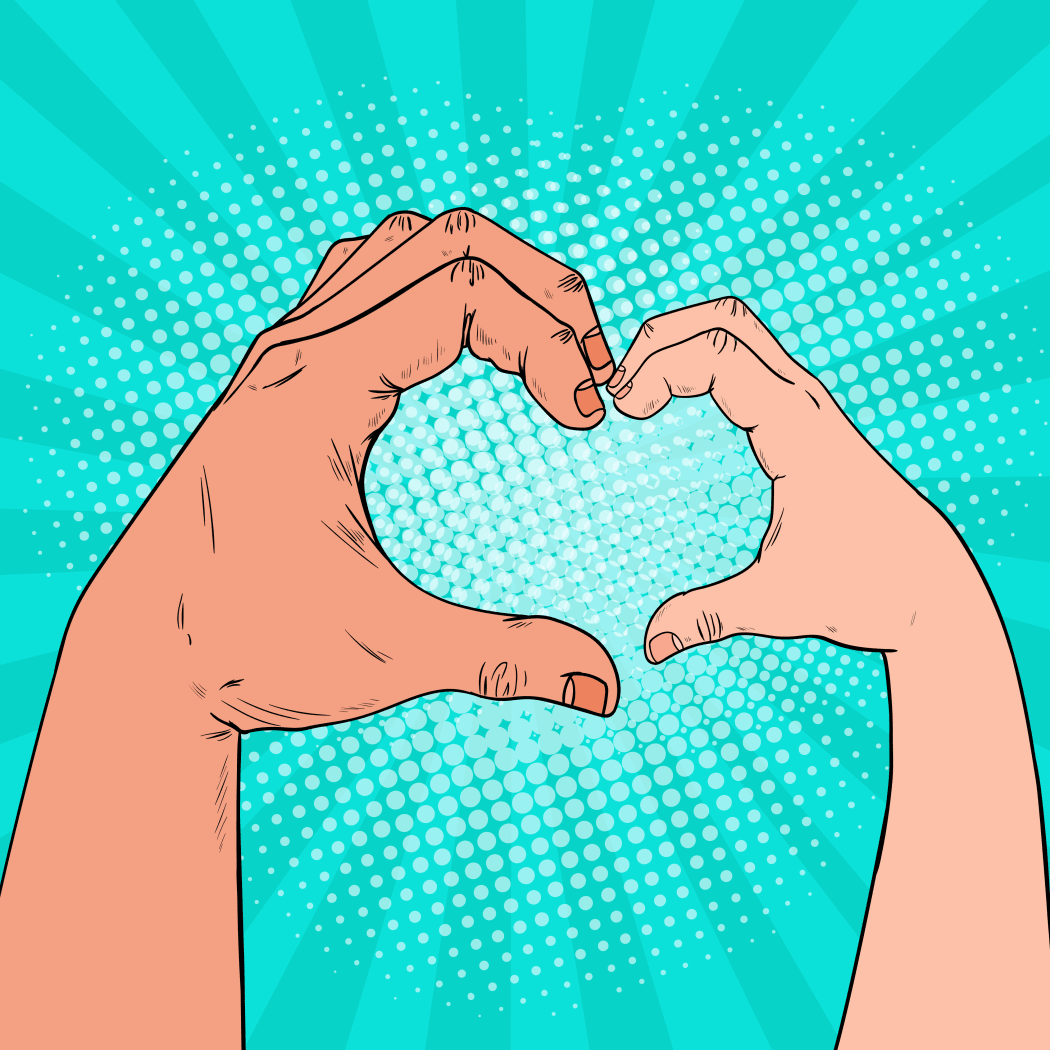Aaron Hendry has worked as a youth worker for a number of years and says fathers need to be particularly careful about the messages they give their sons. He says the "get hard" or "toughen up" message is literally killing young Kiwi men, because it's preventing them from seeking help when they're at their most vulnerable.

Photo: 123RF
So, what kind of conversations should fathers be having with their sons instead?
"I think one things as fathers that we're actually missing is asking 'How are you doing?' and providing space for young people to be vulnerable, be open about what they're going through."
A lot of the young men Hendry works with through homeless support service Lifewise don't have a good connection with their father. Lifewise comes around them as whānau and helps them access the support they need, he says.
"We work with a lot of young men, as you can imagine, who for whatever reason are struggling with mental health challenges and this whole thing around toxic masculinity is part of, I think, what stops them from reaching out."
It's what men are saying to boys from a young age that can cause a lot of harm, he says.
"These phrases 'man up', 'toughen up' are really etched into our psyche, but for a lot of young men there's only really two emotions we allow them to have; on one side it's anger and rage and on the other side you can be the joker, but we often don't allow young men to process their emotions and to actually be vulnerable, to show weakness, to cry. Those are things a lot of young men aren't given permission to do."
As a result, he says, when they are vulnerable, a lot of young men bottle it up and don't seek help when they need it.
When young men aren't engaging with the things they are passionate about, or are being aggressive, it can be a sign that's something is wrong. Others won't be showing any sign at all, so it's important to ask, he says.
Hendry says when he became a father he realised his son would learn a lot more from what he does, than from what he says.
"So, for me, the challenge is how do I be vulnerable in front of my son? How do I show him that it's OK to not be OK, it's OK to cry, it's OK to not have these emotions and it's OK to ask for help?"
He says there are some good things in a culture of pushing through when things are hard, but it means we've created a culture where young men don't feel like they can be vulnerable.
"I see it a lot especially in rugby culture, growing up seeing young men who were hurting or severely injured, concussion or whatever, being told 'Toughen up, get back on that field'. Weakness is seen as something that is mocked, not seen as something that young men can have. I think there's a lot of work for us to do to re-frame what it is to be a man, to redefine masculinity to our young men."
It takes courage to do that, he says.
"I think it's about opening up, being real about what you're going through."
There's a myth in New Zealand culture that men don't want to talk about their emotions, but it's more that they're told not to, Hendry says.
It's about creating practical opportunities to showcase this, and it's OK not to get it right every time, he says.
"It will take a lot of re-learning, for us as fathers to check the narratives we've been taught, but if we're intentional about it, if we actually stay aware of it, then our sons won't grow up with the same mentality."
You can explore more stories about parenting in It takes A Village.

